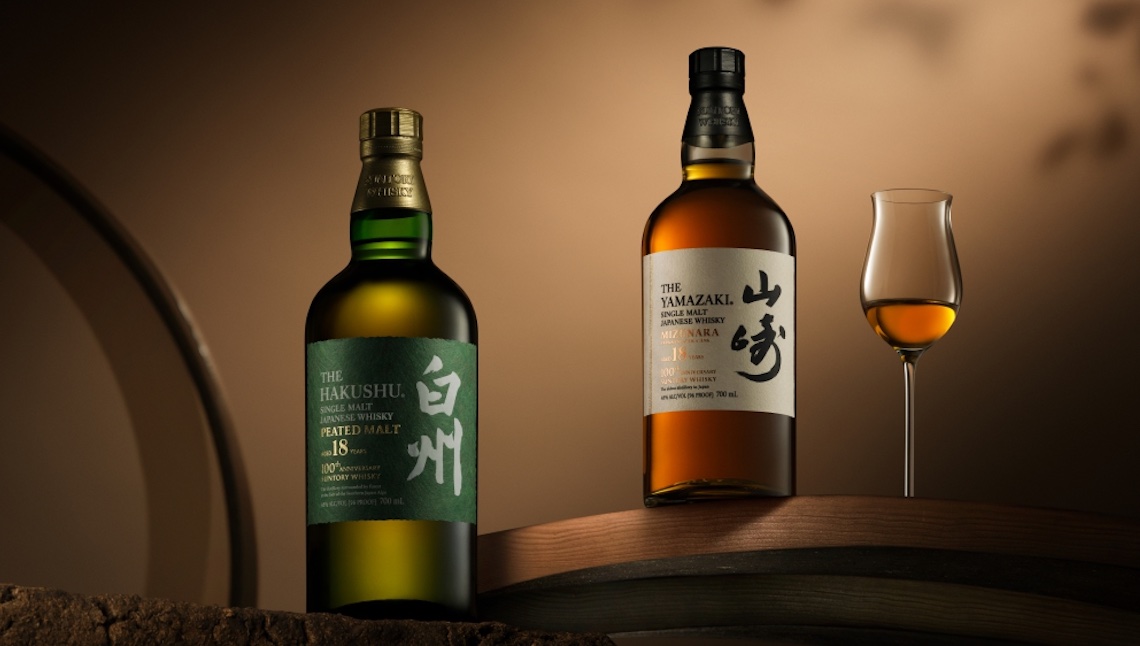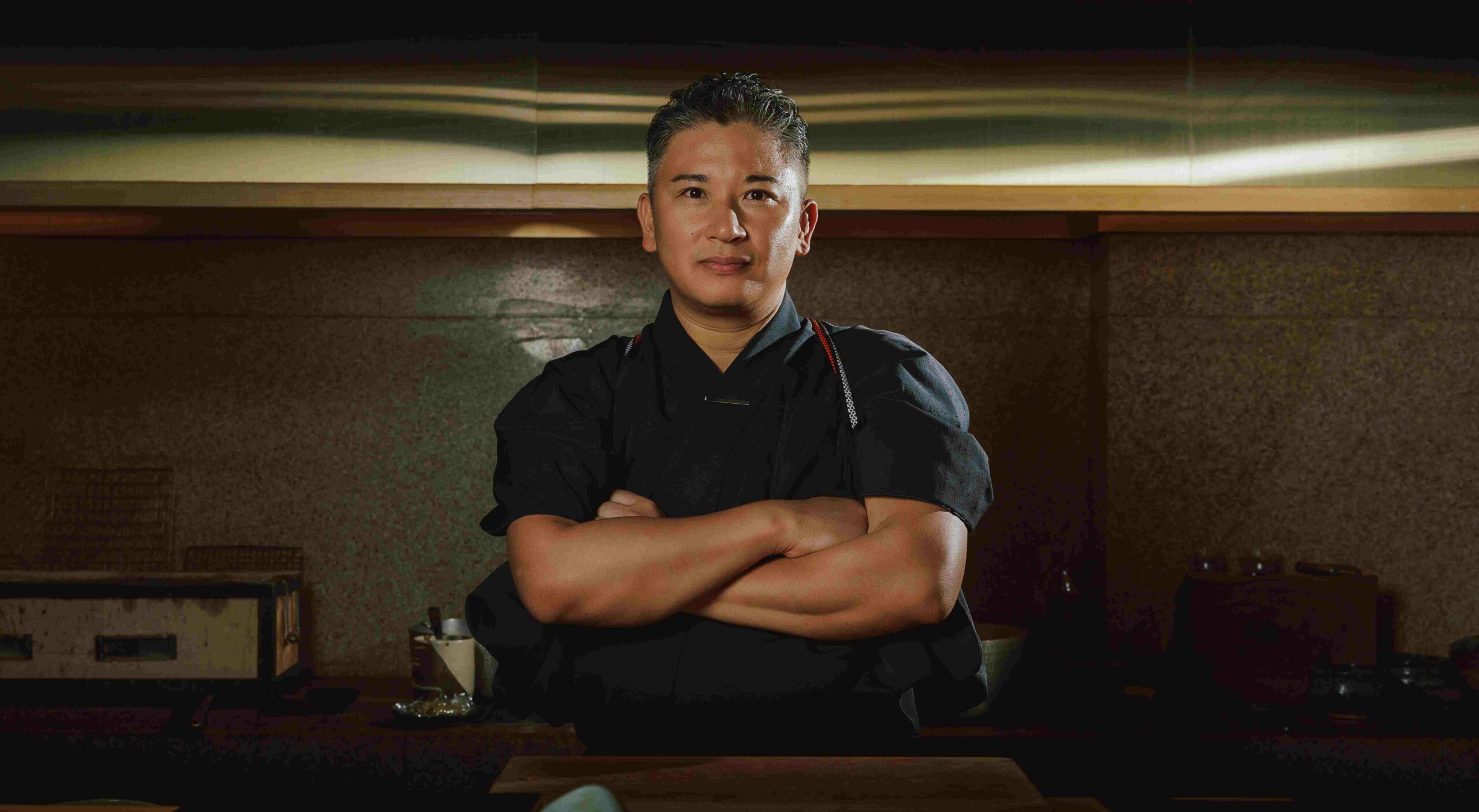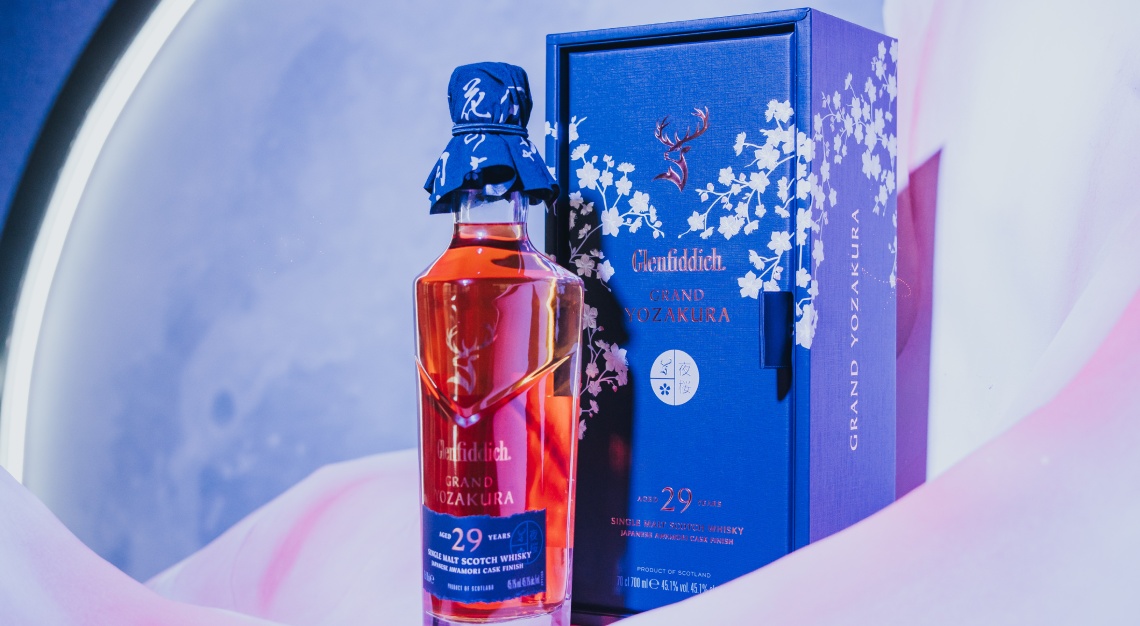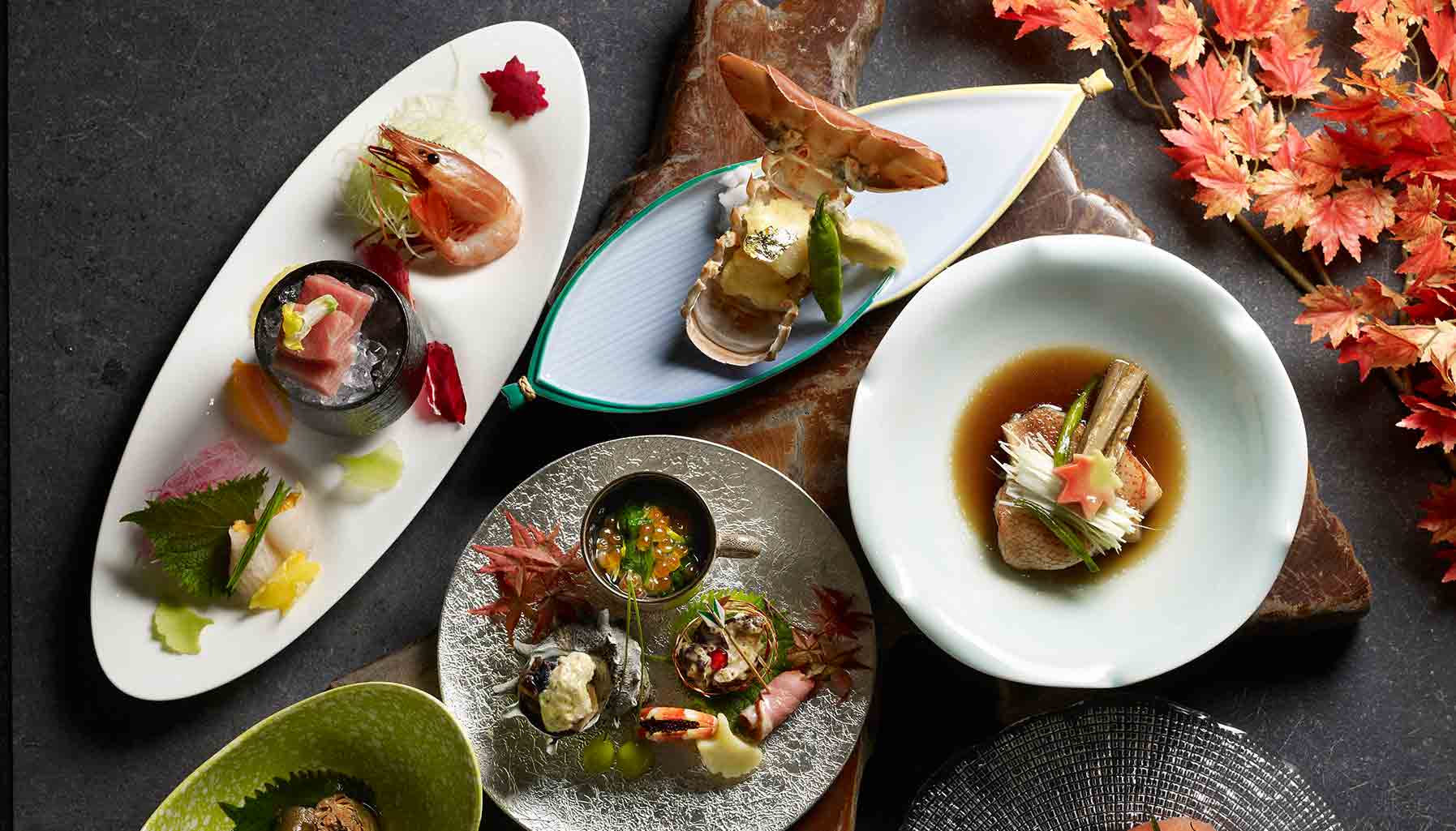Tsuruko Hanzawa, mistress of (tea) ceremonies, tells us how the preparation and consumption of tea mirrors that of life itself
At 75 years of age, Tsuruko Hanzawa shows no sign of slowing down. In late October 2018, she set foot in Singapore for the first time to promote a craft to which she has devoted her entire life — the chaji. Hanzawa gained global attention a few years ago following a documentary by NHK that followed her for two years as she travelled through Japan on her own, immersing herself in the practice of chaji — a formal affair comprising a kaiseki meal that features local and seasonal ingredients, followed by a traditional tea ceremony.
Through her hosting of strangers on the road, visits to temples and her battle with cancer, one could glimpse the unwavering passion and dedication of one whose life revolves around the ritual practice of serving tea. Thirty guests over two evenings experienced that passion and dedication when Hanzawa came to Singapore under the auspices of two individuals and their supporting team of volunteers. It was a watershed occasion for her and for Singapore, made especially momentous by the fact that it was the first time Hanzawa has offered her chaji outside Japan.
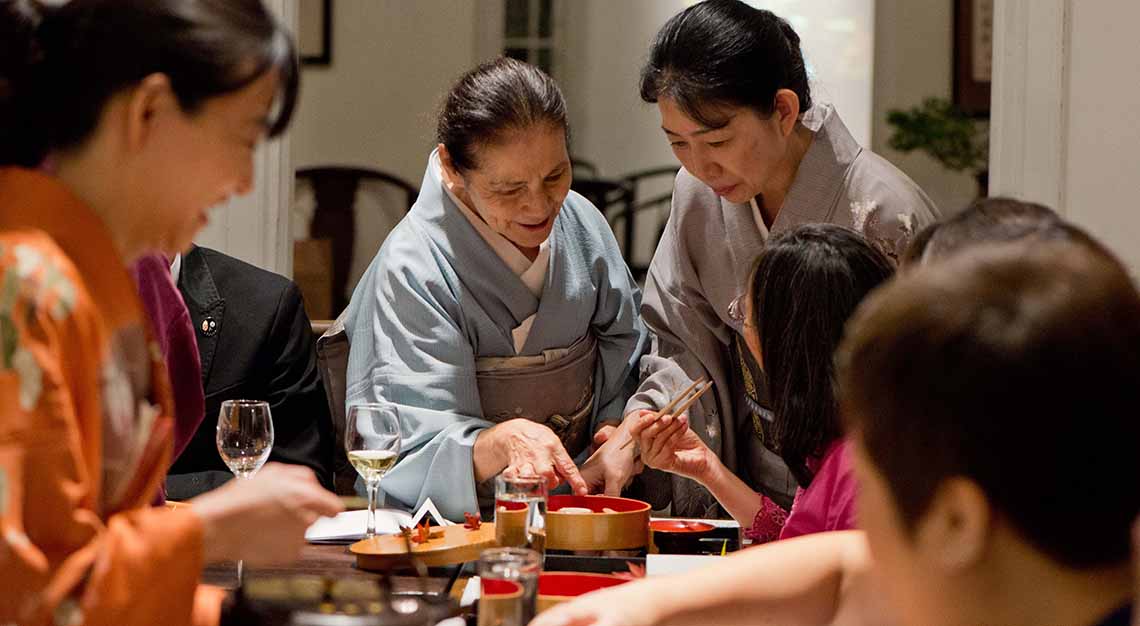
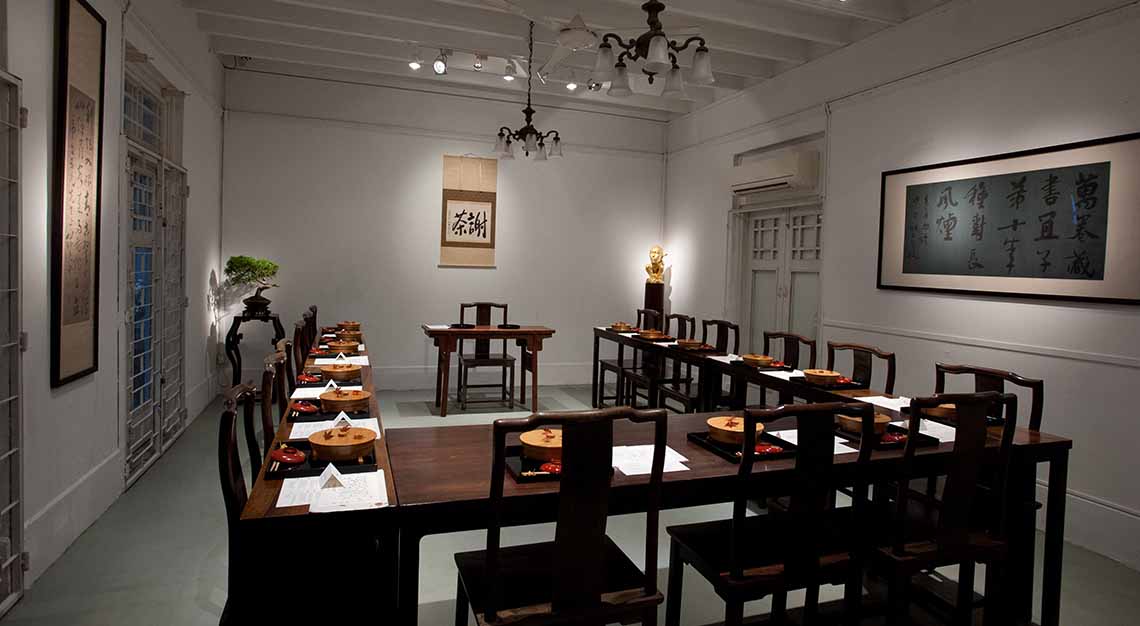
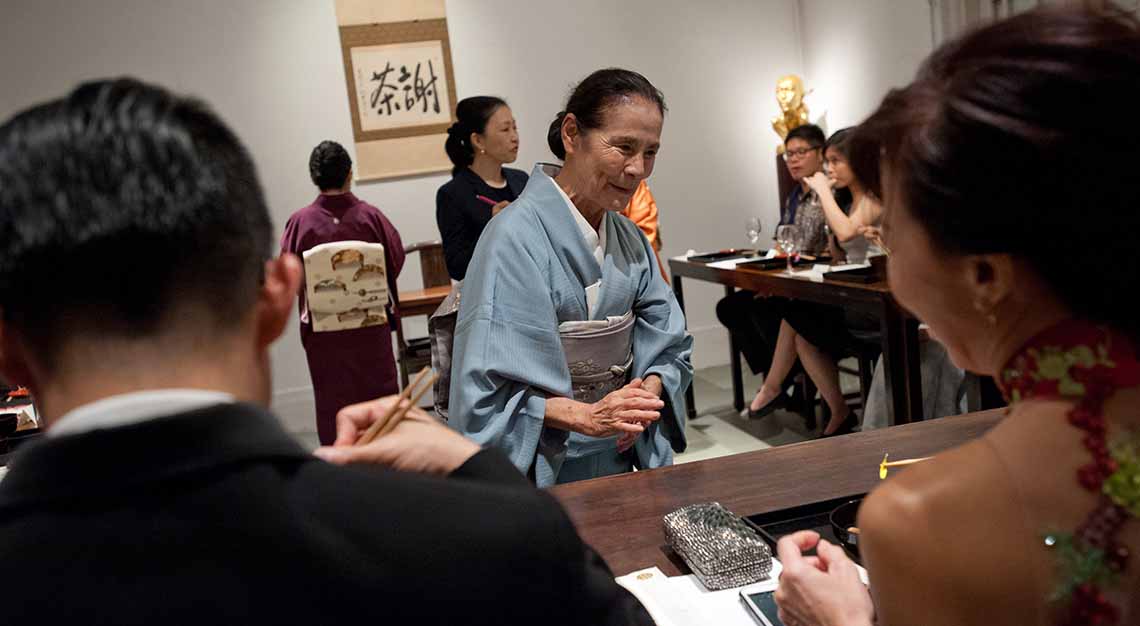
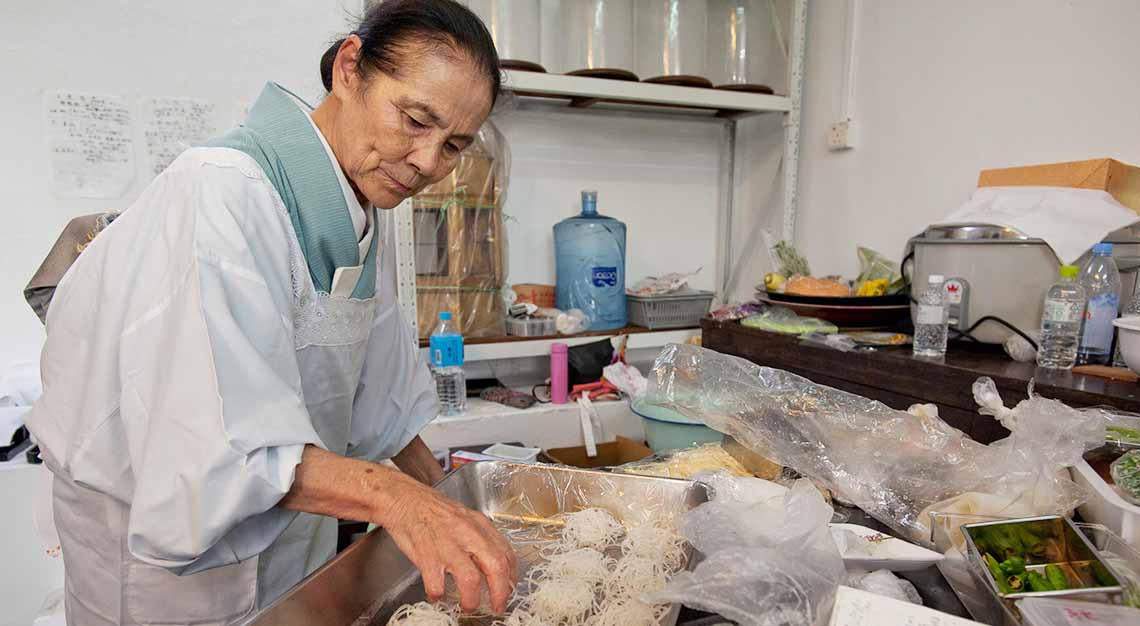
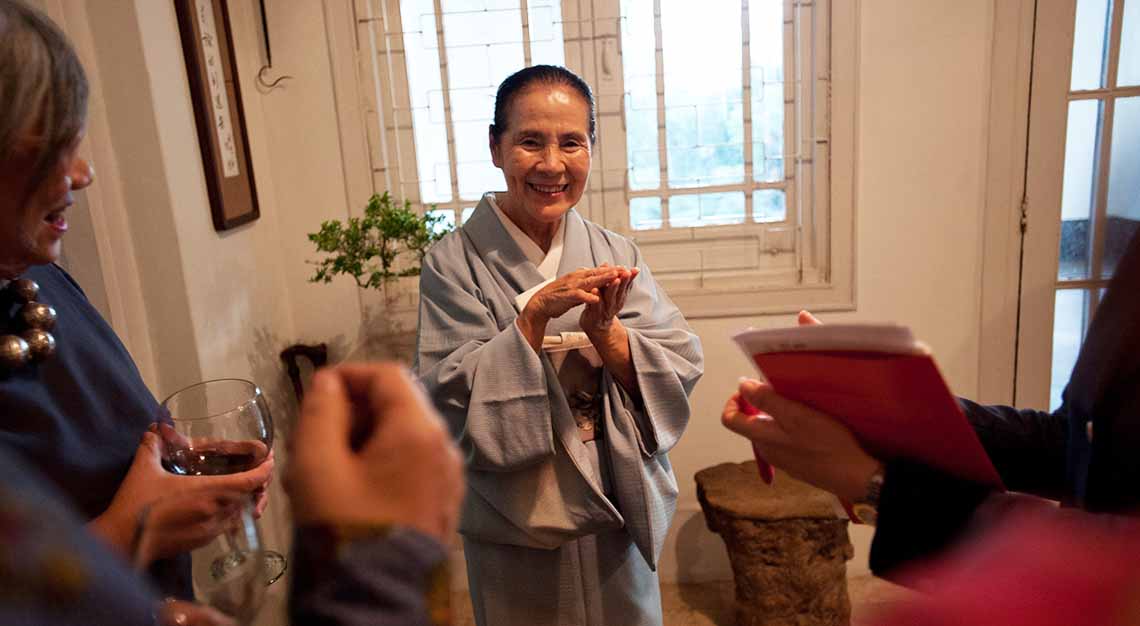
Gift Of Life
Hanzawa was born in Manchuria in 1943, where her father served with the military in World War II. But as the tide of war turned against imperial Japan, the family no longer received news of his whereabouts, so her mother decided it was time to move back to her family hometown in Hiroshima. But in Japan, the dire situation once again forced Hanzawa, then merely two years old, to relocate. To ensure that she would be well taken care of, her mother sent her to the father’s home village in what was then known as Ondo, just three days before the bomb landed in Hiroshima. Remembering her early childhood, Hanzawa’s heart is filled with gratitude.
“In many ways it was miracle. Had my mother waited longer in China, we might never have made it home. And if she had not sent me to Ondo to live with my father’s family, I don’t think I would have survived the bombing. I am grateful not because I am alive, but because I have been allowed to live.”
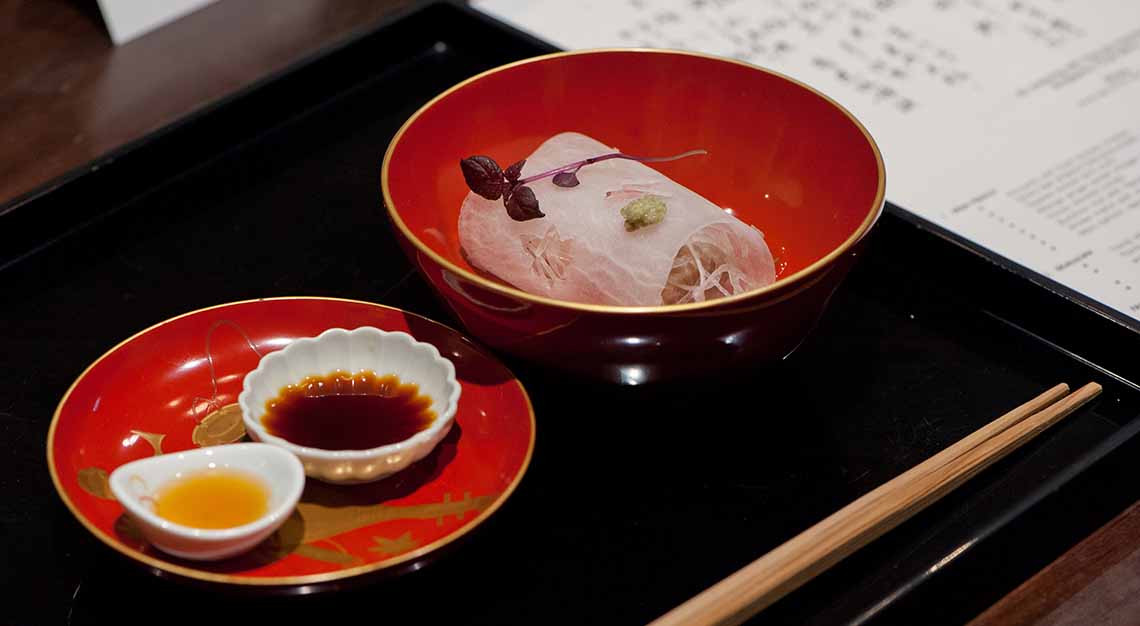
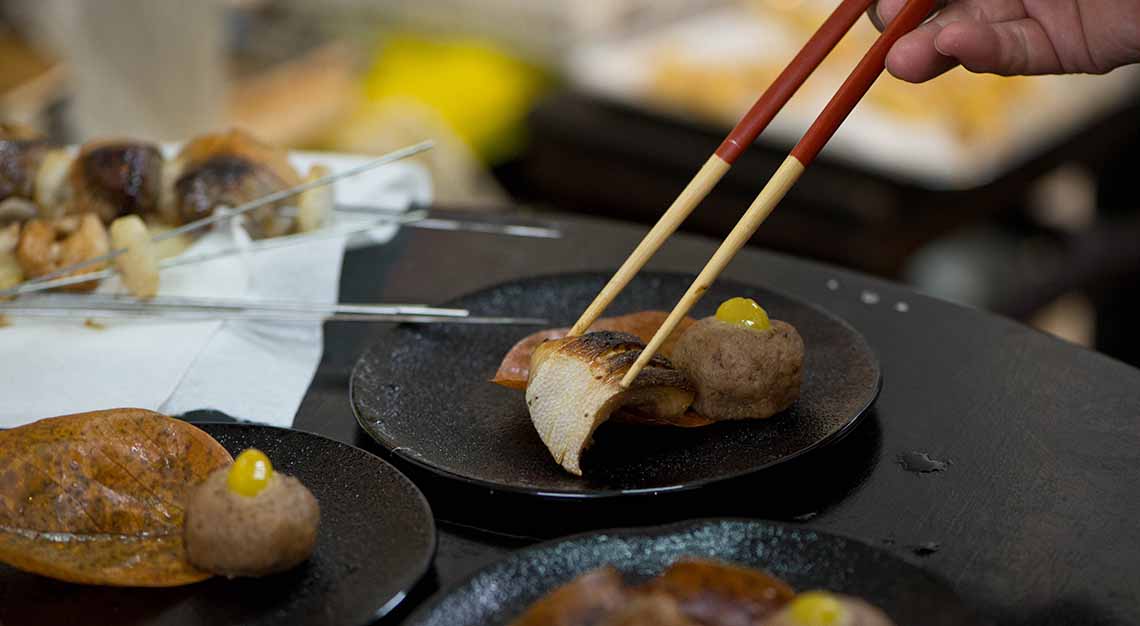
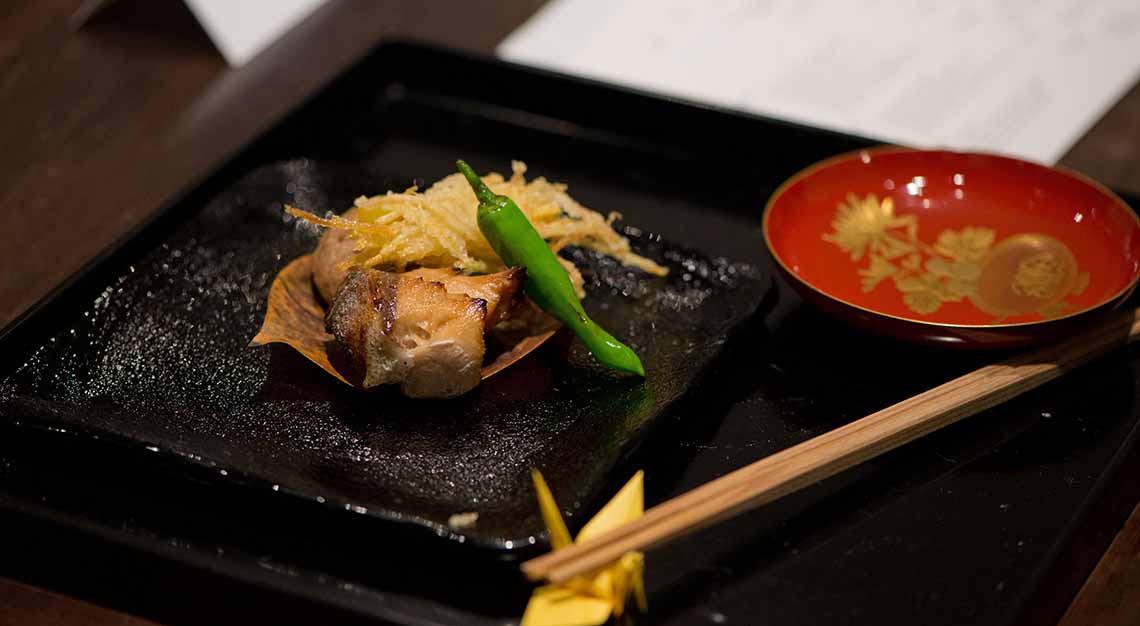
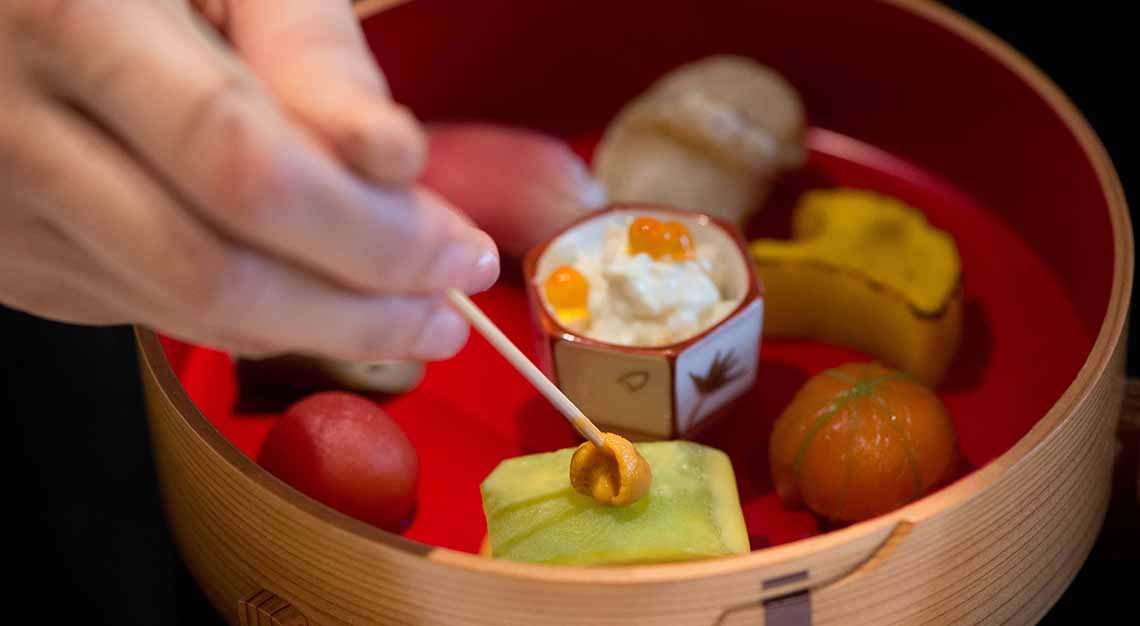
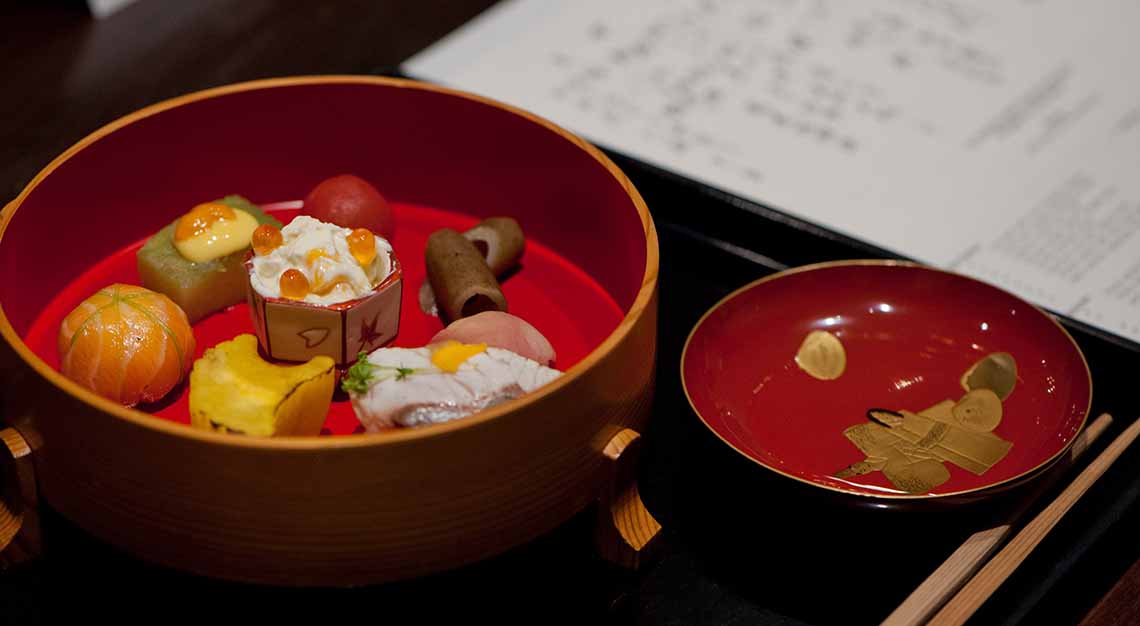
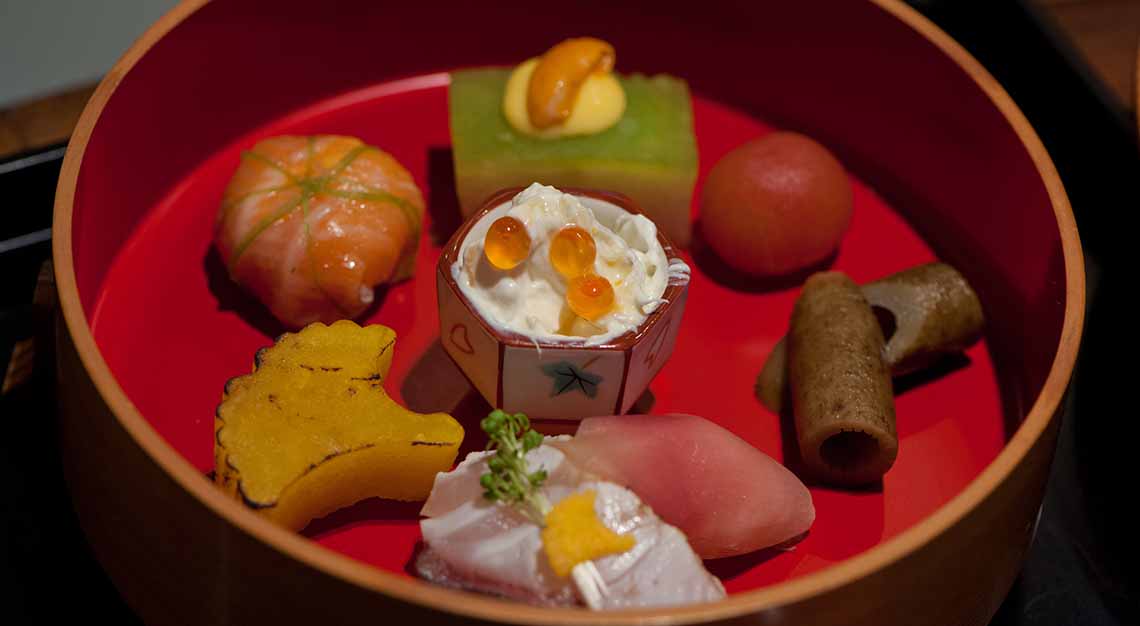
Orphaned at a young age, Hanzawa quickly learnt what it meant to be independent. She had almost wanted to become a nun, but a turn of events coupled with the support of extended family members led her to receive formal education. She later obtained cooking licenses, which set her on a career path in the culinary arts. Her work took her to various places such as Osaka, Tokyo and Kawasaki. But wherever she went, her strength and willpower were her driving force. “I think I developed a natural survival instinct as a child. The circumstances I faced taught me how to adapt to my surroundings, fight and live on.”
Her stint in Kawasaki proved to be a milestone that would later shape her life and outlook as a chaji chef. “The things that struck me there were the mountains and ocean, they became my lawn and my playground,” she recounts. This intimacy with nature enabled her to develop a deep and thorough understanding not just of historical connections and produce but also the “energy of life”, lessons that the school could never impart. “Nature,” she beams, “is your greatest teacher.”
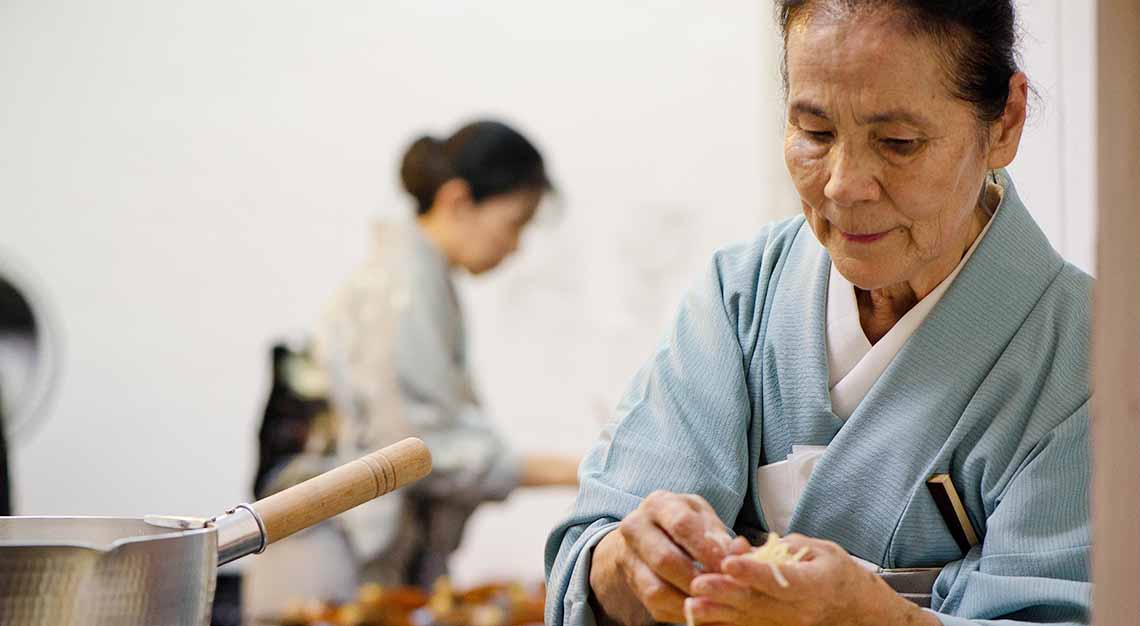
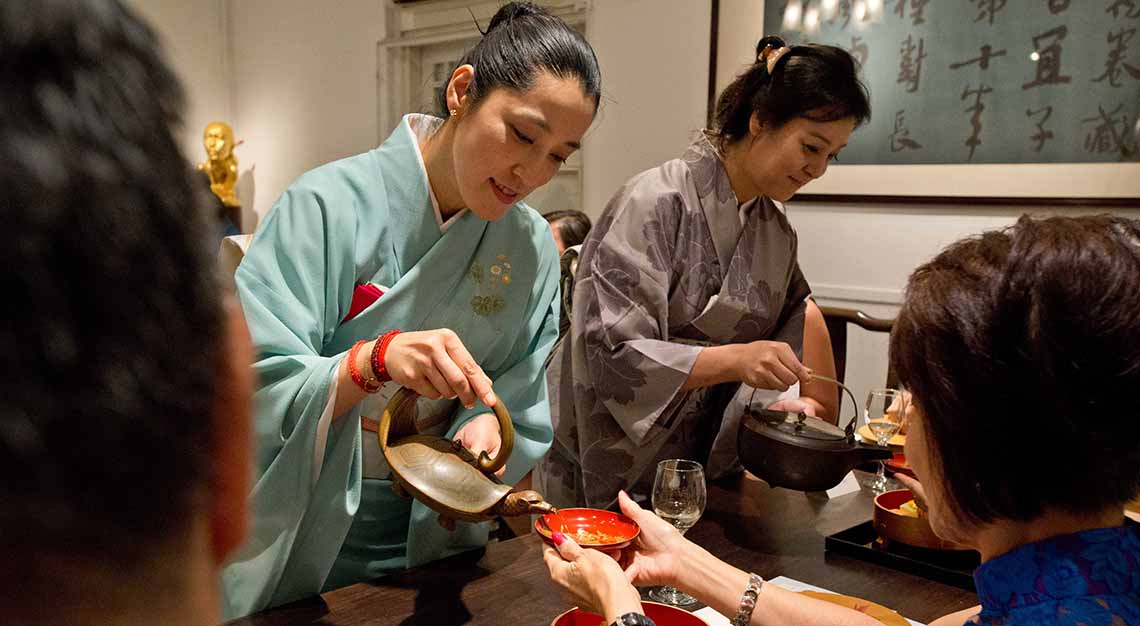
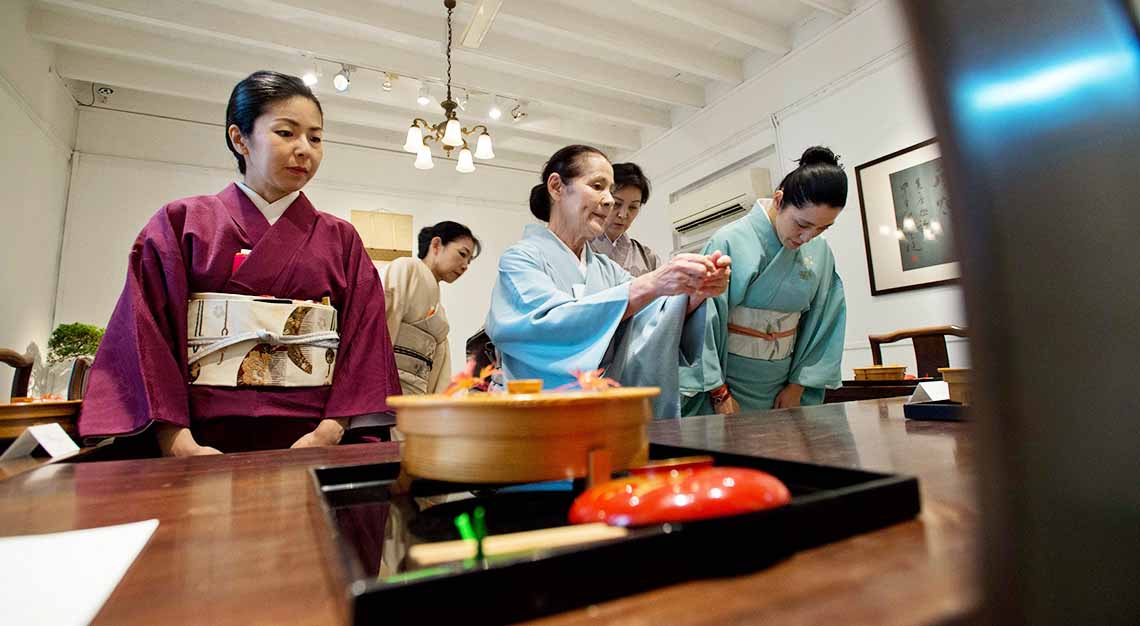
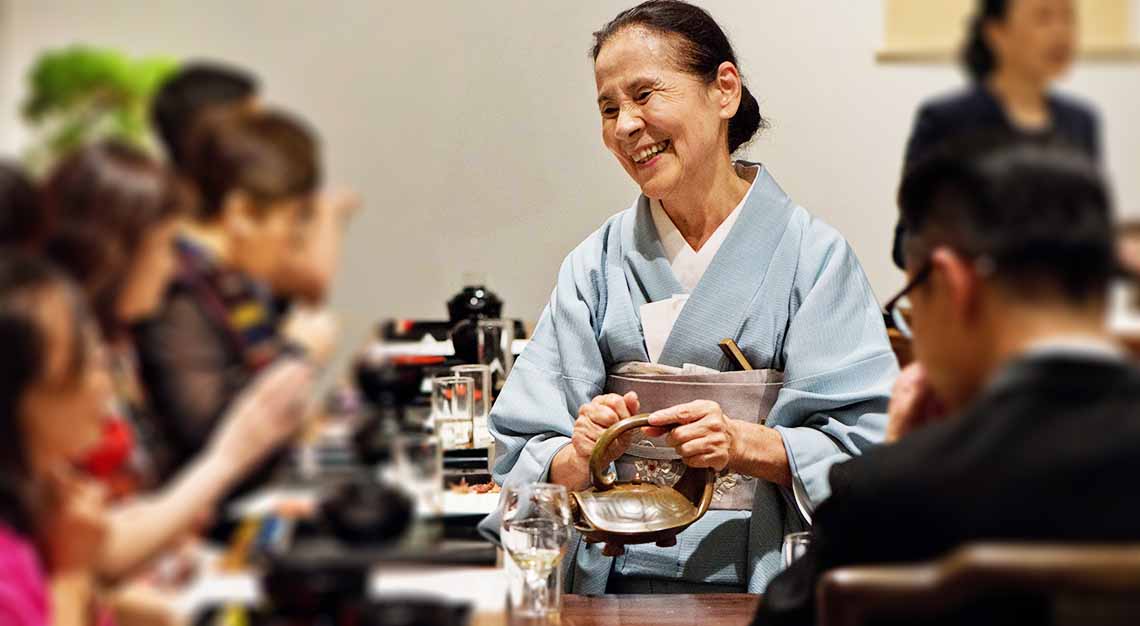
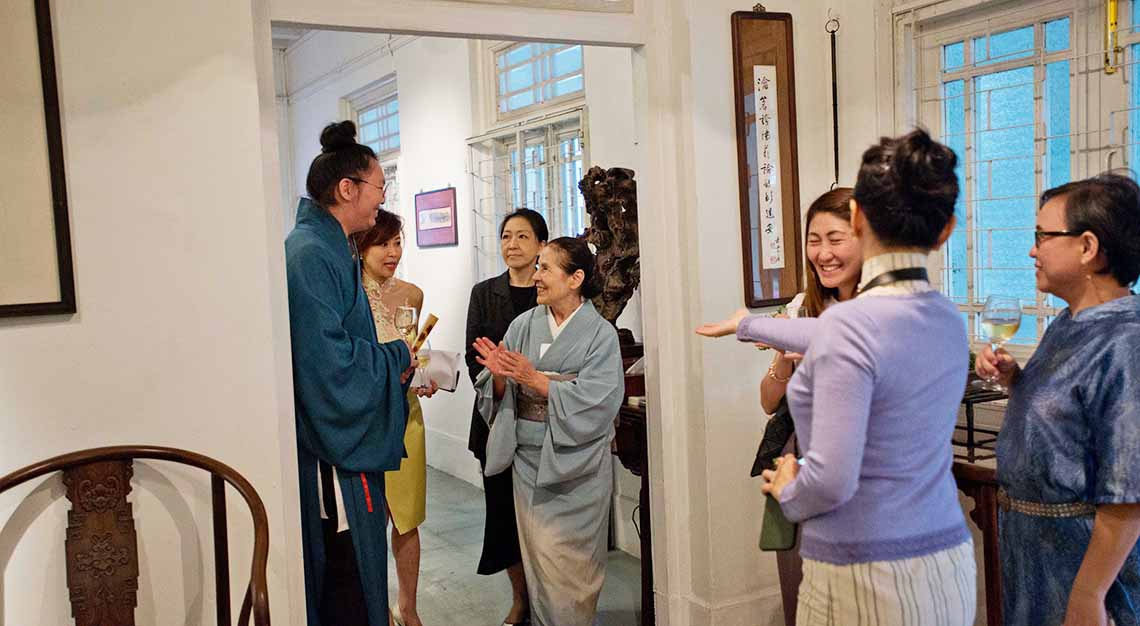
Teacher And Learner of Tea
Having been a tea practitioner and chef for decades, Hanzawa has long lost count of the number of chaji she has hosted. But when asked about the most memorable tea ceremony of her life, she recalls without skipping a beat. “It was an experience my husband and I had with Oh-sensei, which happened at a time when my husband was relocating his office in Tokyo to our home in Chiba. He was only 20 minutes from the tea master’s home, but as the packing and moving took longer than expected, he ended up being three hours late for the appointment. I recall the tea master’s family, which included his son and wife, waited for my husband patiently, and when my husband finally arrived, they offered him tea prepared and served with the most exquisite teaware. It was a great gift from the master, one that was meant to celebrate our next stage in life.”
For Hanzawa, the path traversed has been long and arduous. A victim of irradiation from the Hiroshima bombing, her body is often weak and the effects have become permanent afflictions — some 20 years ago, she almost lost her vision from her pupils failing to open. Yet she has never allowed any setbacks to affect her role as a chaji practitioner. “Tea has taught me that life is about returning to our origins. Water, earth and fire — these are the key ingredients that sustain us, as in tea,” she continues. “Being sick may be a physical ailment, but it doesn’t change one’s spiritual view of life. If anything, it is about what you do with yourself at that moment in your life.”
That she stands alive and well today is itself her source of strength, says Hanzawa. Being given the chance to wake up every morning and breathe anew is a blessing she does not take for granted.
Photos by Clarence Aw
